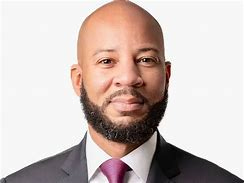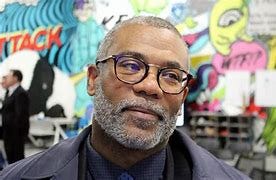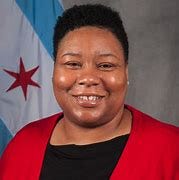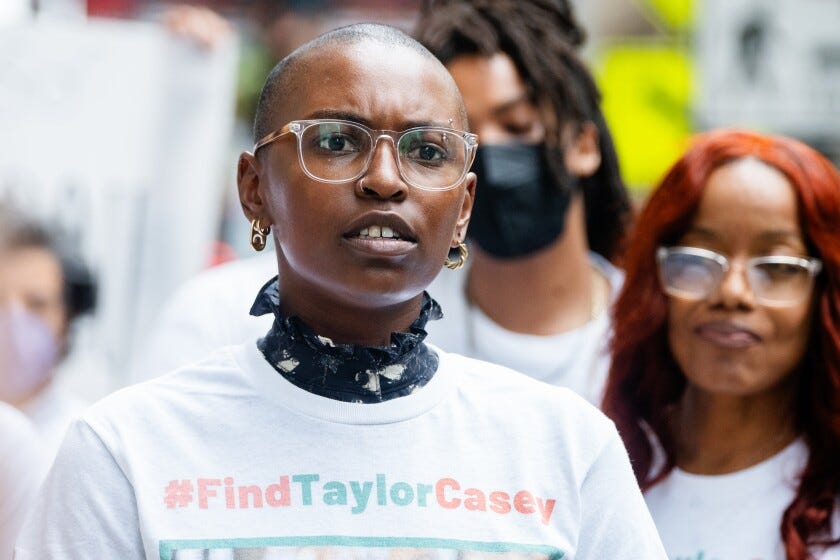Johnson is unifying the city council - against him
Aldermen coalesce in numbers not seen by the last five mayors






Anyone paying close attention to Mayor Brandon Johnson’s voice during the news conference after the Chicago City Council voted to ignore his decision not to extend the contract for the gunshot technology ShotSpotter had to notice the quiver shortly after he started speaking. It was the same vocal quiver Johnson had the day after Chicago voters served up a defeat of his hallmark Bring Chicago Home legislation. That failure let the air of most of Johnson’s campaign promises; and he has been floundering ever since.
https://pollworker.chicagoelections.gov/
The 33-14 vote on allowing the Chicago Police Department Superintendent Larry Snelling to have control of ShotSpotter on a ward-by-ward basis was a blow to Johnson who had unilaterally promised to end it.
Of the last three mayors, Johnson is the only one to find himself at odds with so many council members, although the mayor often and repeatedly refers to himself as a collaborator. In his own narrative he brings people together. Johnson’s one-sided stance is particularly puzzling as he is tasked with developing a budget to eliminate next year’s projected $1 billion budget deficit. Any such plan needs the council’s approval in order to be enacted.
As far as the 33-14 final tally. Lamont Robinson (4th)-far left bottom was not on the floor for the vote: a strategy that has long been known in Chicago government as taking a walk;” while Walter Burnett (27th)-center bottom voted against keeping ShotSpotter; and has since indicated he will not vote to overturn a Johnson veto. Jeanette Taylor (20th) due to health concerns was not available to vote.
The specific language to the council was voting on was “Call on Mayor Brandon Johnson to remedy by Ward choice whether to remove Sound Thinking/ShotSpotter surveillance technology with other assurances and advance notifications to affected Ward Council members choosing to retain such technology.”
The ShotSpotter rejection followed a parliamentary scuffle to name a zoning chair to the city council’s committee. Johnson spent much of this term attempting to put in place an acceptable chair of the council’s zoning committee, after 10 raucous months, the mayor and council reached an agreement that that chair would be Alderman Walter Burnett-the most senior member of the council, who was also designated as Johnson’s vice mayor in April.
The council has its own rancor within its ranks; but government and political history tells us they are willing to temporary put aside their differences to take on the new enemy-Brandon Johnson. From the outset, when these members were seated; they promised they would be unlike many previous councils, and not be a rubber stamp for the mayor. They definitely have lived up to that warning, which somehow seemed to have escaped Johnson,
Every Johnson “plan is a crystal clear” indication the city will not improve any way with him in the big chair on the fifth floor. This mayor has yet to have a plan that will have a citywide impact. His advisors on every level-communication, political and community relations, all are undergoing on-the-job-training. The major problem with that is there are so few around who can properly train them; and every one of their gaffes is pinned on the mayor. Since assuming office, Johnson has lost key administrative people, who took with them decades of institutional knowledge, and memory, although Johnson has found little use for the latter.
At any level of government, it is unusual for top-tier administrators to leave before the midway point of a term. Replacements have come from the ranks of the unions that propelled Johnson into office with the cash and ground game-the Chicago Teachers Union and the Service Employees International Union, and United Working Families.
Johnson found himself on the defensive earlier this month when he opted to promote a former United Working Families executive to head up the city’s intergovernmental affairs division. The move was surprising as Kennedy Bartley had only joined the Johnson Administration in May. It was equally unwelcomed as a handful of people in that division, including its previous head, all resigned their jobs.
Bartley’s lack of experience and more so some social media posts she made two years ago referring as the police department as “slave catchers” prompted calls from alderpersons and others for her firing. She was dispatched presumably by the mayor to make the rounds at CPD and offer mea culpas.
The mayor offered a tepid endorsement for her after the story broke
Another Johnson appoint blunder occurred with the Rev. Ira Acree, a West Side pastor who wasn’t able to maintain his appointment after being named to the Regional Transportation Authority. Acree drew the ire of several council members after acknowledging during an interview that he didn’t use public transportation because he owned a car.
Even though it has been a year since Dr. Allison Arwady was fired by Johnson as the head of the city’s public health department, there still sporadic rumblings the process. Johnson indicated even before taking office he planned to fire Arwady once he was seated. It was an open secret that the rookie mayor was doing th bidding of the Chicago Teachers Union who had a dispute about Arwadys’ decision when to open CPS schools after the pandemic.
The community-at-large, as well as several alderpersons urged Johnson to reverse his decision. Given that he would not be in the mayor’s office with CTU; Johnson was essentially handcuffed into firing her. Less than three months after being fired, Arwady was gobbled up by the Centers for Disease Control and Prevention to lead its National Center for Injury Prevention. Arwady’s replacement as the public health commissioner here, Dr. Olus imbo Ige, has remained out of the spotlight.
A recent poll by Crain’s Chicago Business showed more than three-quarters of those surveyed (79 per cent) were in favor of keeping ShotSpotter. What do you think?







